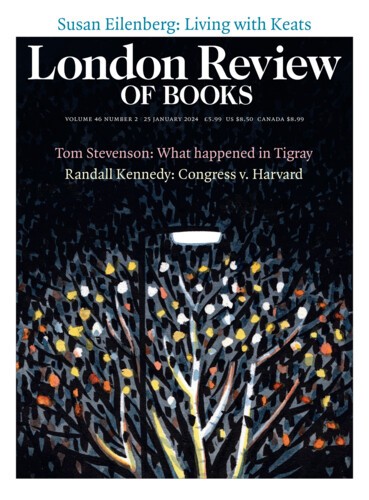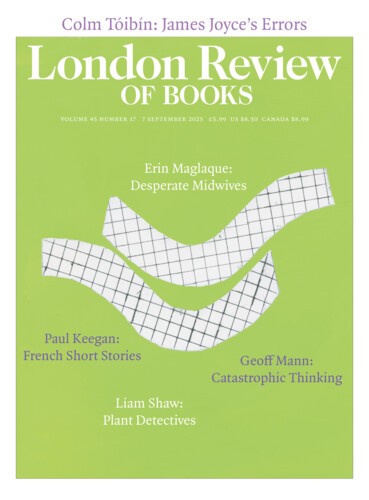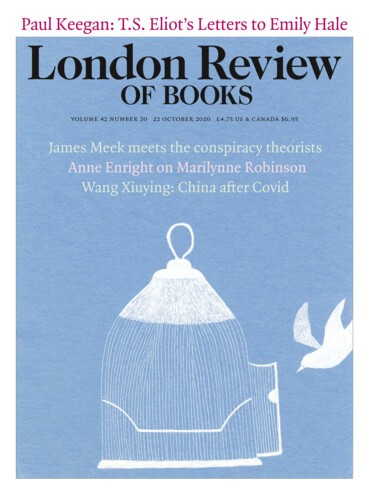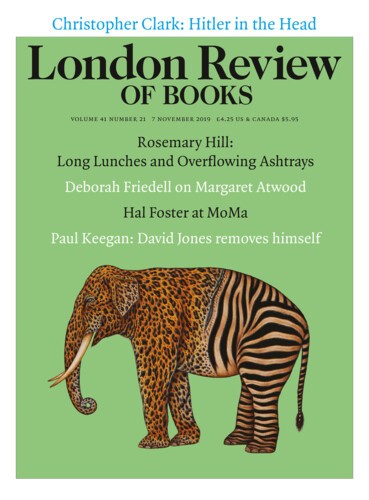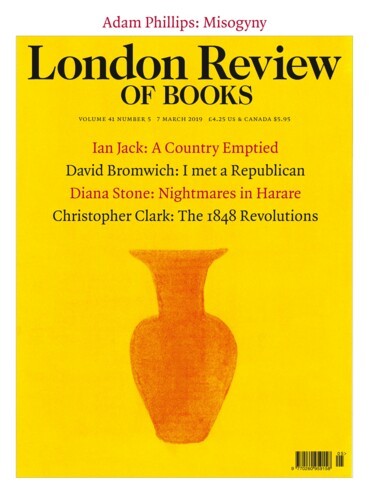I smell mink coats: Philip Guston goes rogue
Paul Keegan, 25 January 2024
‘The Studio’ (1969)
The virtue of Philip Guston at Tate Modern is to leave his outsiderishness intact – his oddity will not go away – while suggesting that Guston might be the mid-century American painter who matters most now. Or who can still offend. Philip Guston Now was the original title of the show, which was scheduled for 2021 but postponed by the...
